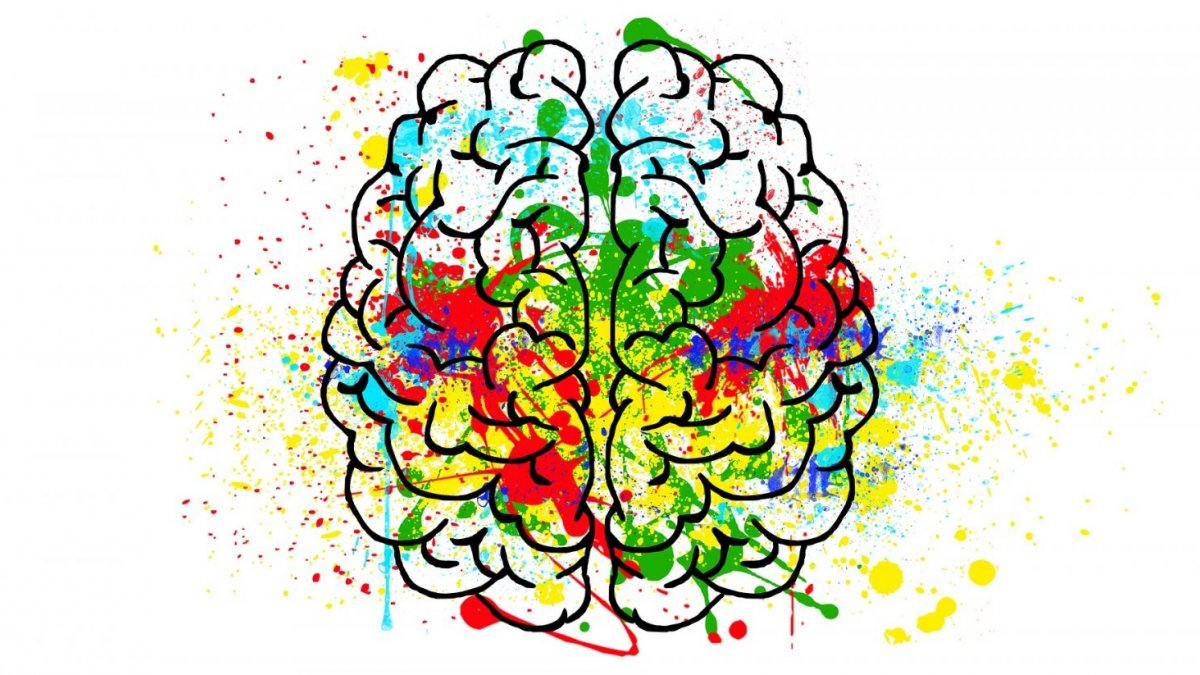Are You Missing a Key to Great Leadership? Test Your Emotional Intelligence

We often think of confidence, integrity and mental intelligence as key components of great leadership. But what about emotional intelligence? Sometimes called EQ, emotional intelligence refers to a person’s ability to understand how their emotions impact their own behavior, as well as their sensitivity towards others’ emotions.
According to Daniel Goleman, author of Emotional Intelligence, your practical intelligence may help you enter a career. However, “…Once you are in that field, emotional intelligence emerges as a much stronger predictor of who will be the most successful, because it is how we handle ourselves in our relationships that determines how well we do once we are in a given job.”
Dr. Lee Stuart, leadership instructor at the KU Edwards Campus (KUEC), seconds the importance of EQ on the job.
“Leaders with high EQ receive feedback from subordinates, colleagues, and customers that they are authentic, transparent, place relationships before tasks and have a collaborative orientation,” Stuart said.
“That means leaders who make it a priority to understand their emotions and pay attention to the emotions that motivate others’ behaviors are better at connecting with their teammates and employees, as well as successfully working together with others.”
Want to know how your EQ stacks up? Start by testing yourself. The Global Leadership Foundation offers a free online emotional intelligence test to help you get started. Psychology Today writer Susan Krauss Whitbourne, Ph.D., also suggests considering the four dimensions of emotional intelligence listed below. Consider your responses to the following questions:
Dimension One: Understanding and expressing your own emotions
How true are these statements for you?
- Most of the time, I understand why I have certain feelings.
- Overall, I have a good understanding of my own emotions.
- I understand what I feel.
- I always know if I’m happy or unhappy, and why.
Dimension Two: Perceiving and understanding the emotions of the people around you
Are you:
- Always able to tell a friend or family member’s emotions based on their behavior?
- A good observer of others’ emotions?
- Sensitive to the feelings and emotions of others?
- Able to understand the emotions of people around you?
- Using active listening skills to foster "other awareness"?
Dimension Three: Regulating your emotion and anticipating how you’ll behave in times of stress
Do you:
- Set reasonable goals for yourself and achieve them?
- Tell yourself that you’re a competent person?
- Encourage yourself to always try your best?
- Feel self-motivated and able to create your own goals and projects?
Dimension Four: Directing your emotions toward constructive activities that maximize your performance
How well do these statements describe you?
- I can control my temper and handle difficult situations rationally.
- I’m easily able to control my own emotions.
- If I get angry, I’m able to quickly calm down.
- I have a good handle on my emotions.
Unlike IQ, which doesn’t change significantly over the course of your life, EQ can actually increase as you learn to use it. According to Stuart, self-awareness and a constructive work environment also help its development. “EQ can be developed through self-assessment, reflection and introspection, one-on-one coaching, and through a rewards or incentive system that places a premium on cooperation rather than on individual achievement,” he said.
While developing your emotional intelligence should be partly self-motivated, it’s also important to seek out learning opportunities that let you exercise those skills, such as workshops, books or webinars.
Research shows that managers who undergo EQ training deliver twice the profits of the general management population, and employee engagement scores increase four times in emotionally intelligent work environments.
“Soft skills, which are the foundational elements of EQ, are more important than ever as organizations demand more and more specialized, technical skills,” Stuart said. So look for chances to improve your emotional intelligence at work. Your increased sensitivity may help your bottom line as well as your office atmosphere.
Don’t miss out on Lee’s upcoming emotional intelligence workshop sessions!
Pursue the University of Kansas Professional Leadership Certificate – ideal for professionals striving to be successful, inspiring business leaders.





